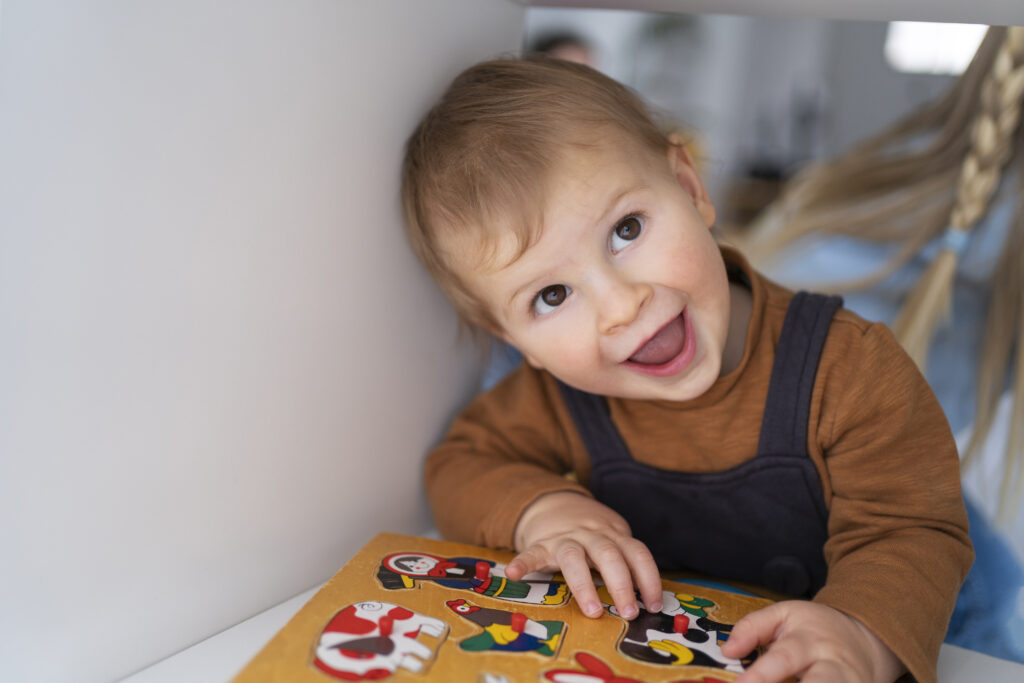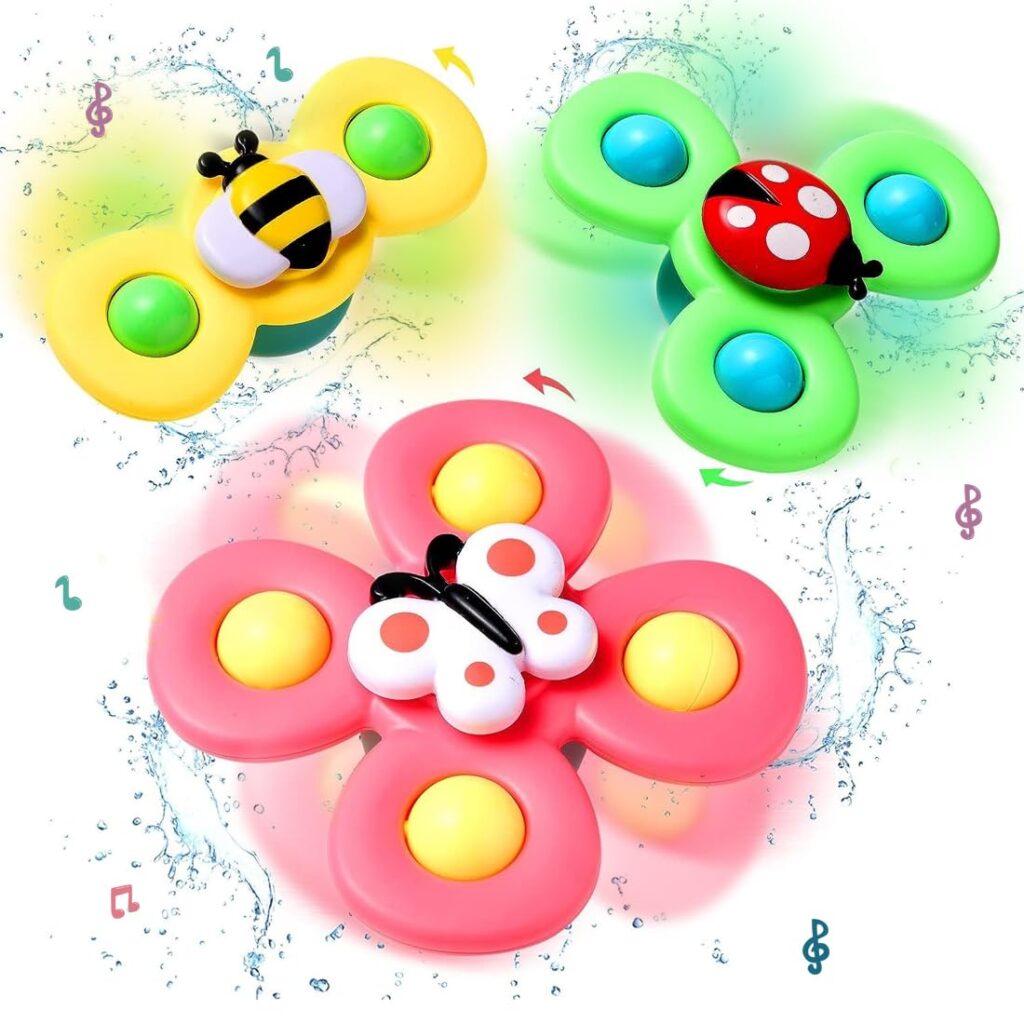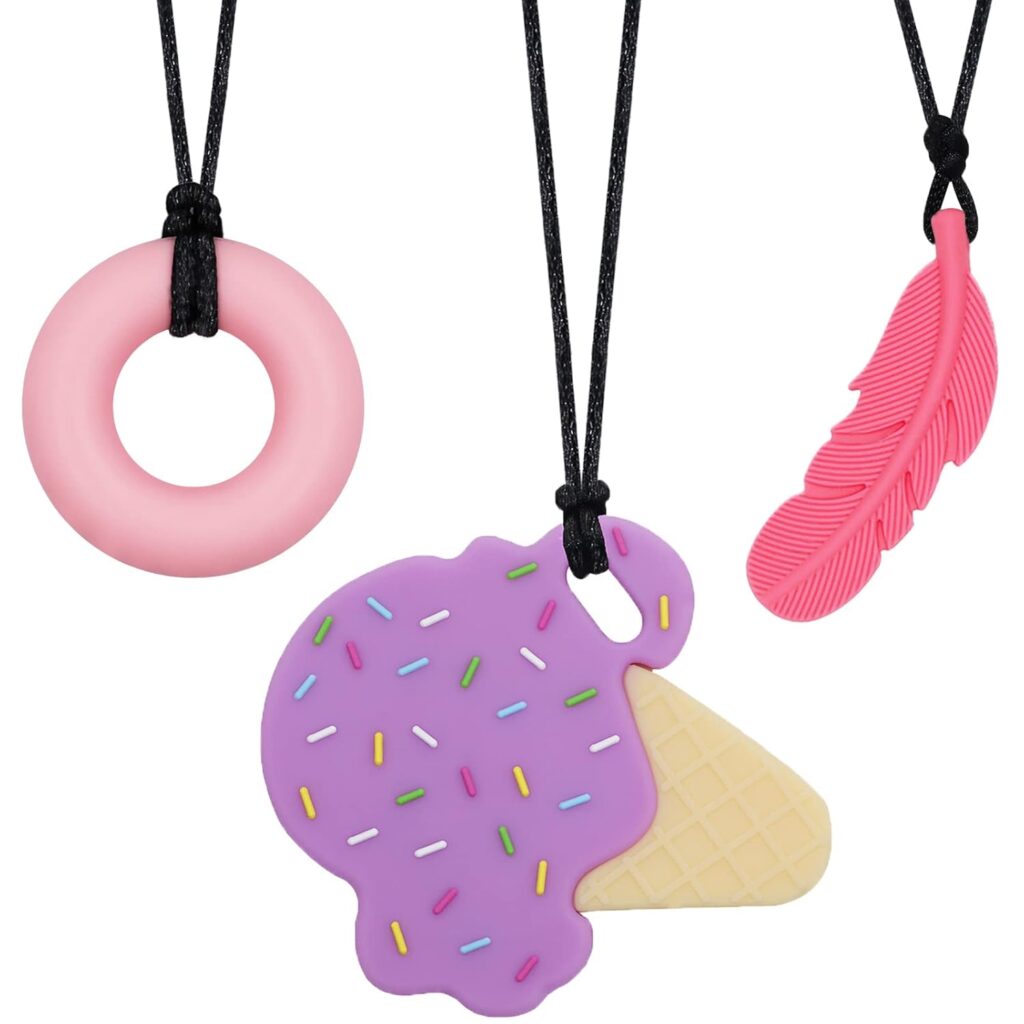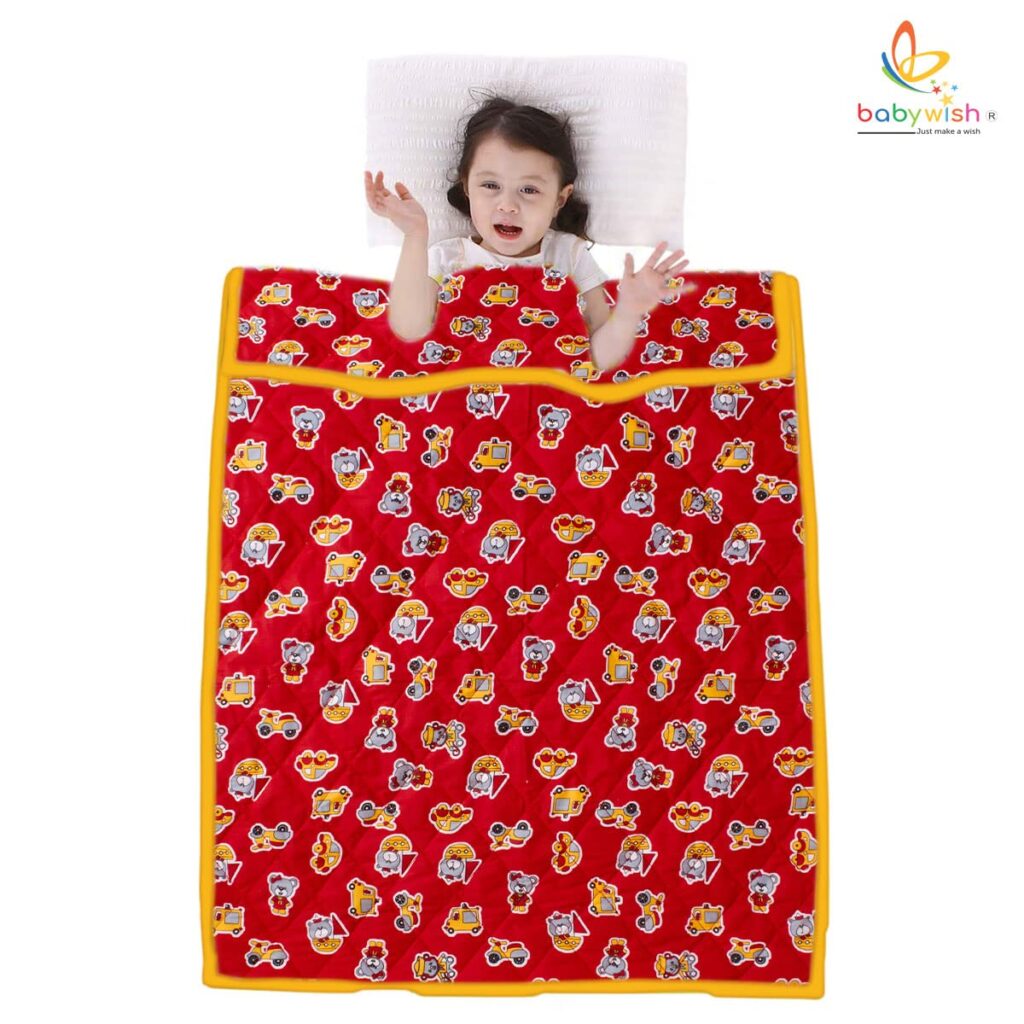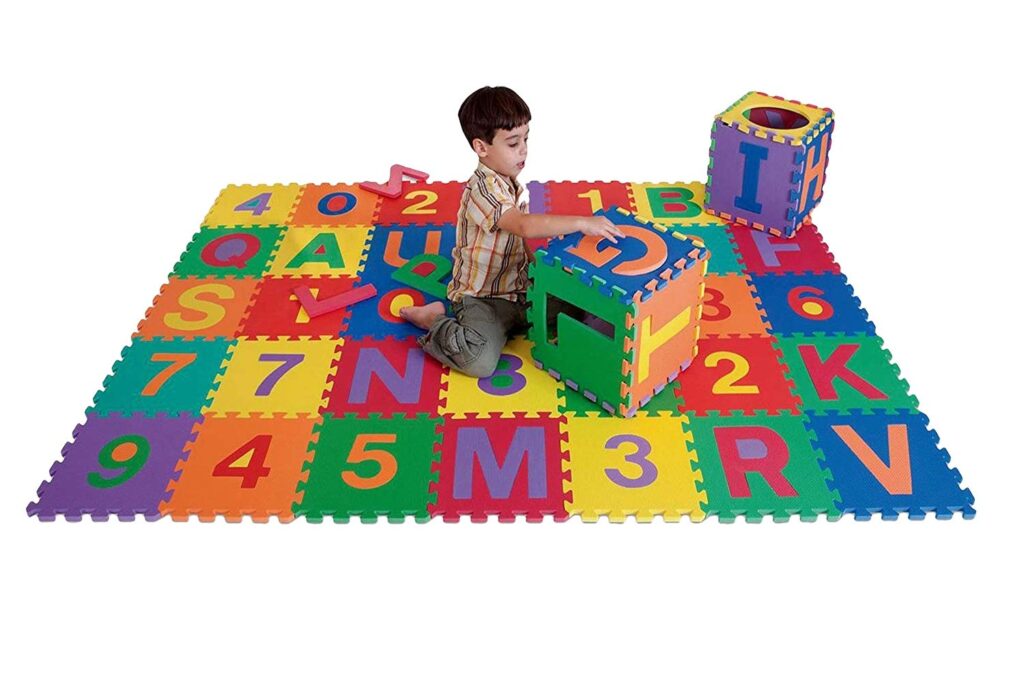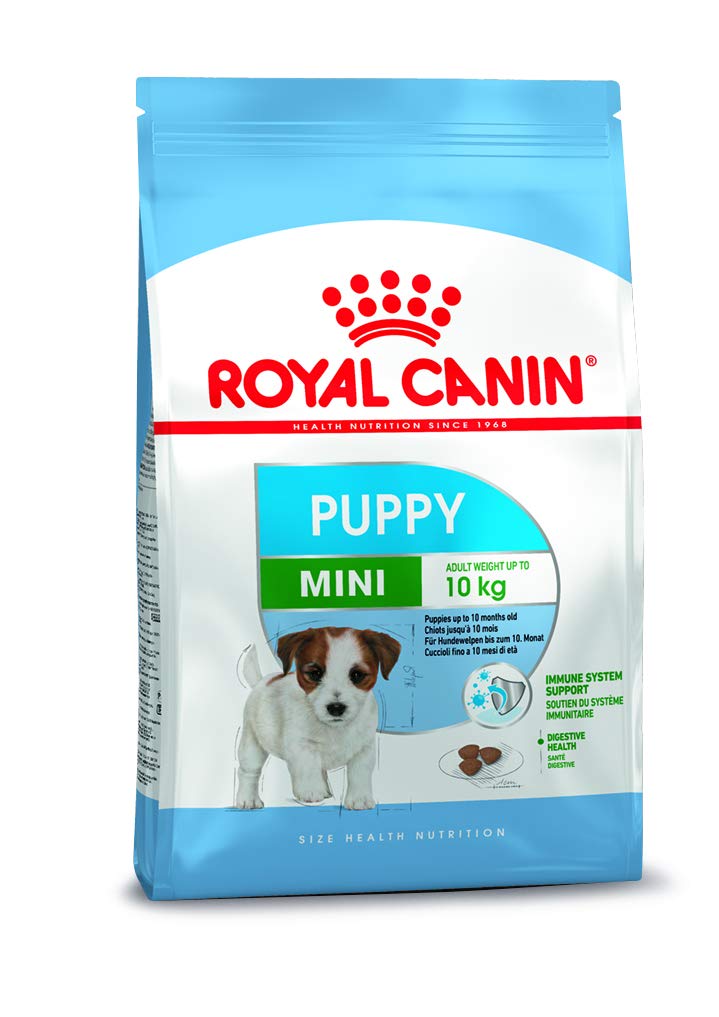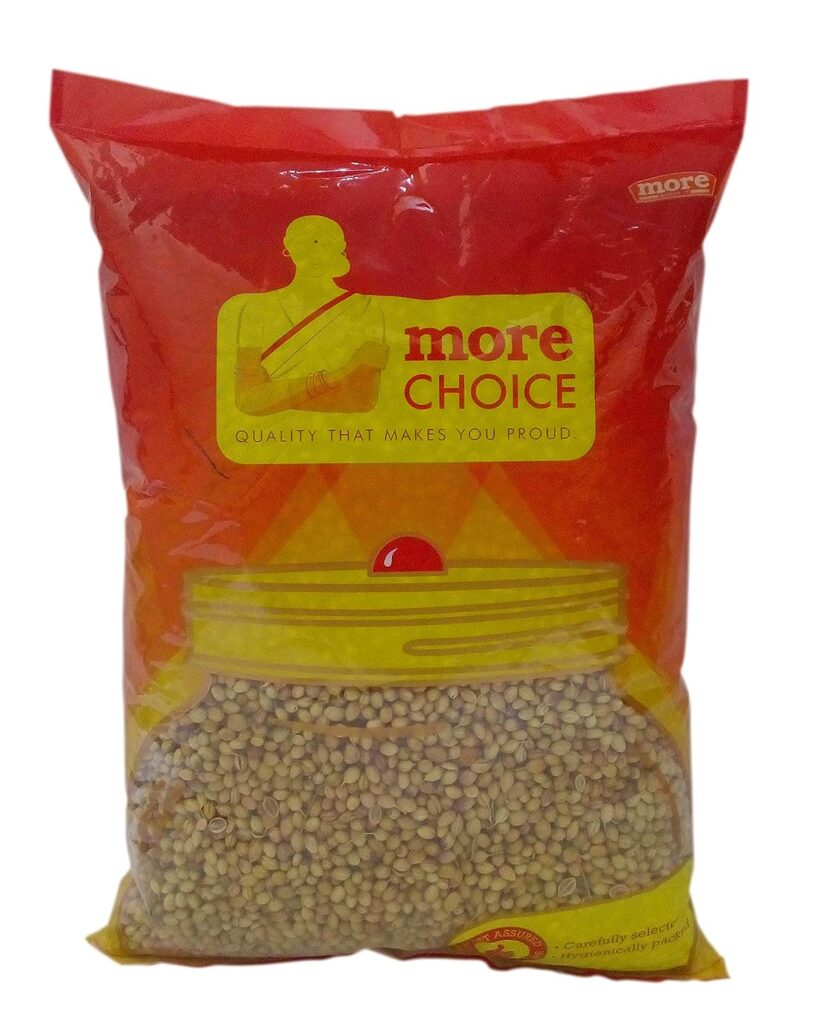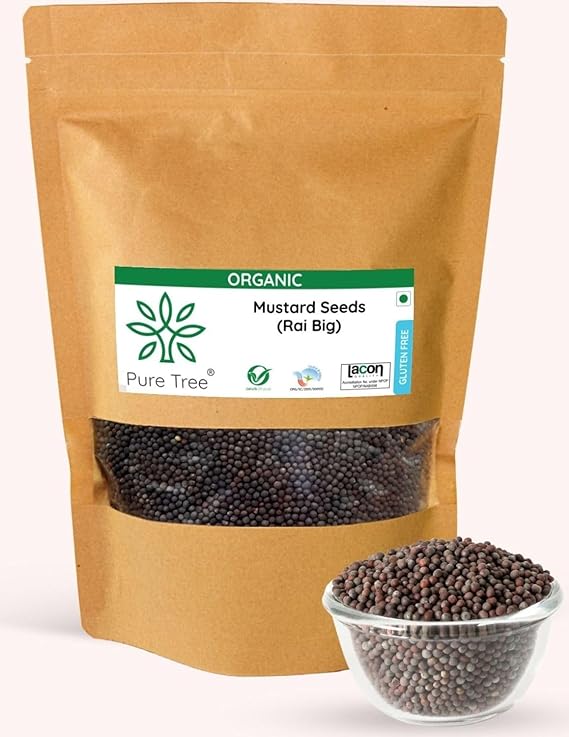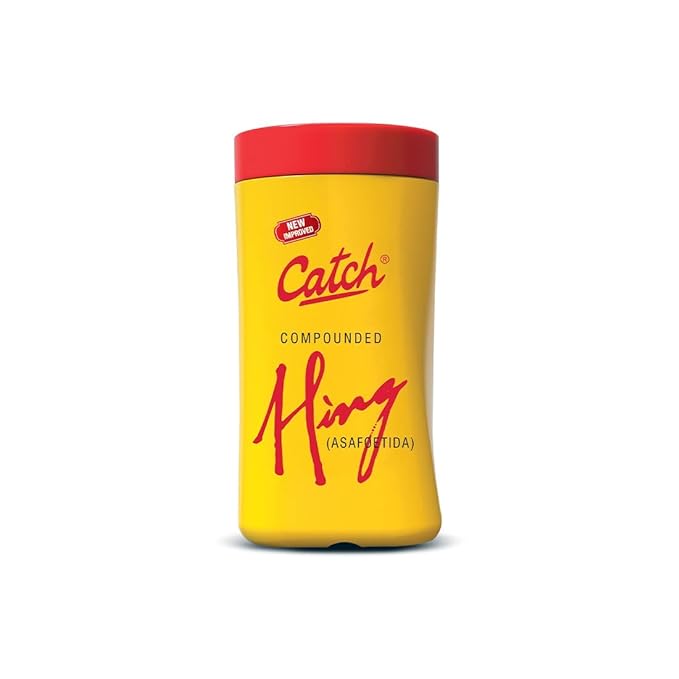The toddler years are a time of rapid growth and discovery. During this period, children are most curious about the world around them, they want to explore and learn through play. Early learning is essential because it helps shape a child’s cognitive, physical and social development. Engaging your child in a variety of stimulating activities not only keeps him entertained, but also lays the foundation for important skills he will use throughout his life.
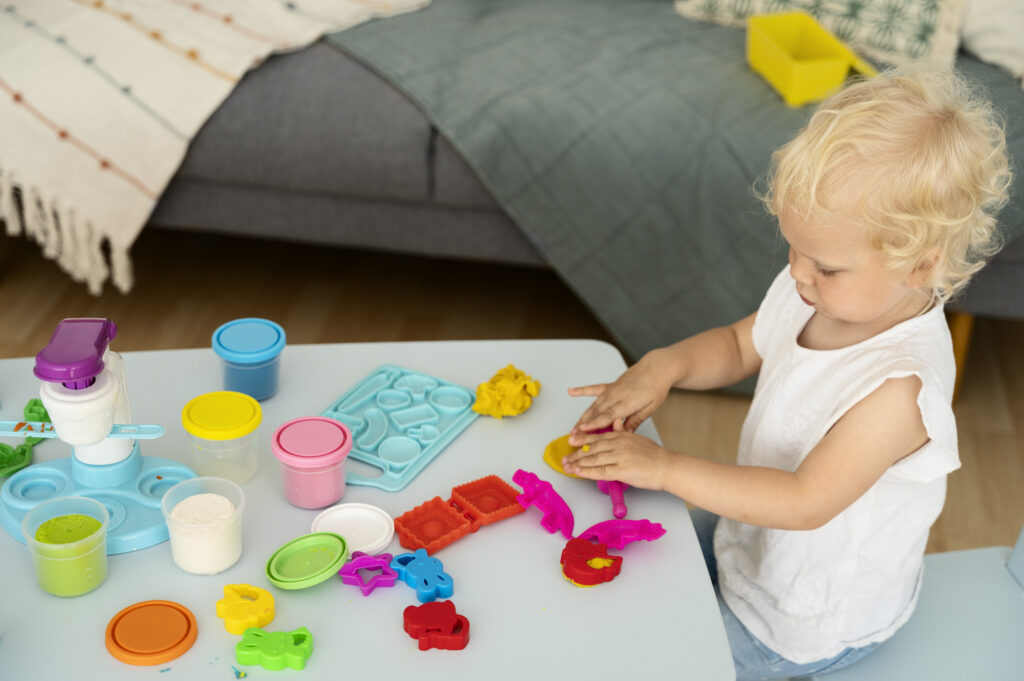
In this blog, we explore 11 wonderful early learning activities for toddlers . These activities are designed to balance fun and education, ensuring that your child is constantly learning through play. From exploring the senses with sensory bins to an imaginative world of talking dolls, each activity targets a different aspect of your child’s development.
There are also activities that promote physical movement, creativity and basic cognitive skills such as color sorting and puzzle solving. In addition, we emphasize the importance of integrating learning tools such as charts and books into the daily routine to reinforce the concepts a child explores through play. Engaging your little one in the 11 Wonderful Early Learning Activities for Toddlers will foster creativity and curiosity while developing essential skills.
By incorporating these activities into your toddler’s day, you provide a rich, multi-sensory learning environment that encourages curiosity, creativity and a love of learning. So let’s dive in and discover these engaging early learning activities that will help your toddler develop and grow.
Here are 11 wonderful early learning activities for toddlers that will help your toddler to grow and ensure they have a lot of fun.
1. Sensory Bins
What You Need: A large container, rice, beans, sand, water beads, small toys.
Activity: Fill a large container with different textured items such as rice, beans, sand, or water beads. Add small toys like plastic animals or cars. Let your toddler explore the contents with their hands, scoop with spoons, and pour with cups. This activity enhances their sense of touch and can help develop fine motor skills.
Learning Outcomes: Sensory exploration, fine motor skills, and cognitive development.
2. Color sorting
What You Need: colored objects (blocks, balls, buttons), color sorting trays or bowls.
Activity: Provide a variety of colorful items and sorting trays or bowls. Encourage your toddler to sort objects by color. You can make it more interactive by asking them to name the colors as they sort. This activity helps them identify, categorize colors and improve their concentration.
Learning Outcomes: color recognition, classification and motor skills.
3. Story Time with Puppets
What You Need: Simple hand puppets or sock puppets, a favorite book.
Activity: Read a story book to your toddler and act out scenes with the puppets. This makes story time interactive and engaging. Ask your toddler questions about the story to encourage him to think and answer. This activity encourages reading, increases imagination and helps develop language skills.
Learning Outcomes: Language development, imagination, and listening skills.
4. Nature Walks
What You Need: Comfortable walking shoes, a bag to collect treasures.
Activity: Take your toddler on a nature walk to explore the outdoors. Collect leaves, rocks, flowers and other natural resources. Talk about the different things you see, hear and smell. It encourages observation, sensory exploration and love of nature.
Learning Outcomes: Observational skills, sensory exploration, and physical activity.
5. Music and Movement
What You Need: Instruments (maracas, tambourine), playlist of nursery rhymes.
Activity: Play lively music and provide simple instruments for toddlers to play along with. Encourage them to dance and move to the rhythm. This activity promotes physical development, rhythmic awareness and coordination.
Learning Outcomes: Physical development, rhythm awareness and coordination.
6. Easy Puzzles
What You Need: Age-appropriate puzzle with large pieces.
Activity: Work on the puzzle together and help your toddler put the pieces together correctly. Start with easy puzzles and gradually increase the difficulty as your child grows. This improves problem solving skills, hand-eye coordination and spatial awareness.
Learning Outcomes: Problem solving skills, hand-eye coordination and spatial awareness.
7. Water Play
What You Need: A shallow container, cups, spoons and small toys.
Activity: Fill a shallow container with water and let your toddler splash the cups, spoons and small toys around. You can also add bubbles for evenmore fun. Water play is great for sensory exploration and developing fine motor skills and can be very calming for young children.
Learning Outcomes: Sensory exploration, fine motor skills, calming effects.
Check out Top 10 Indian Spices
8. Cooking Together
What You Need: Simple ingredients for a toddler-friendly recipe (such as: making a fruit salad).
Activity: Get your toddler to do some simple cooking tasks, such as: washing fruit, stirring, or adding ingredients. Explain what you are doing and ask for help where possible. This teaches basic cooking skills, introduces new textures and flavors, and improves fine motor skills.
Learning Outcomes: Basic cooking skills, fine motor skills, sensory exploration.
9. Art Projects
What You Need: Safe, non-toxic crayons, finger paints, and paper.
Activity: Gather art materials and let your little one explore their artistic side. Motivate them to experiment with various colors and methods like drawing, painting, or stamping. This promotes imagination, the ability to recognize colors, and the development of hand-eye coordination.
Learning Outcome: Imagination, color recognition, and hand-eye coordination.
10. Building Blocks
What You Need: Big building blocks or Duplo bricks.
Activity: Engage your toddler in constructing different structures with building blocks. Motivate them to think outside the box and experiment with various designs. This activity improves their understanding of space, creativity, and hand dexterity.
Learning Outcome: Understanding of space, creativity, and hand dexterity.
11. Animal Sounds Game
What You Need: Animal images or toys.
Activity: Present your toddler with images of animals or their toys and play the sounds they make. Prompt them to imitate the sounds and name the animals. This enjoyable activity aids in learning about animal names and sounds, boosting their listening and speaking abilities.
Learning Outcome: Listening skills, speaking skills, and knowledge of animals.
“Unlock the magic of learning with these 11 wonderful early learning activities for toddlers, where every moment of play becomes a step towards a brighter, more curious future.”
Additional Activities: Educational Charts and Reading
Alongside the 11 Wonderful Early Learning Activities for Toddlers, incorporating educational charts and reading can further enhance your child’s learning experience
1.Educational Charts
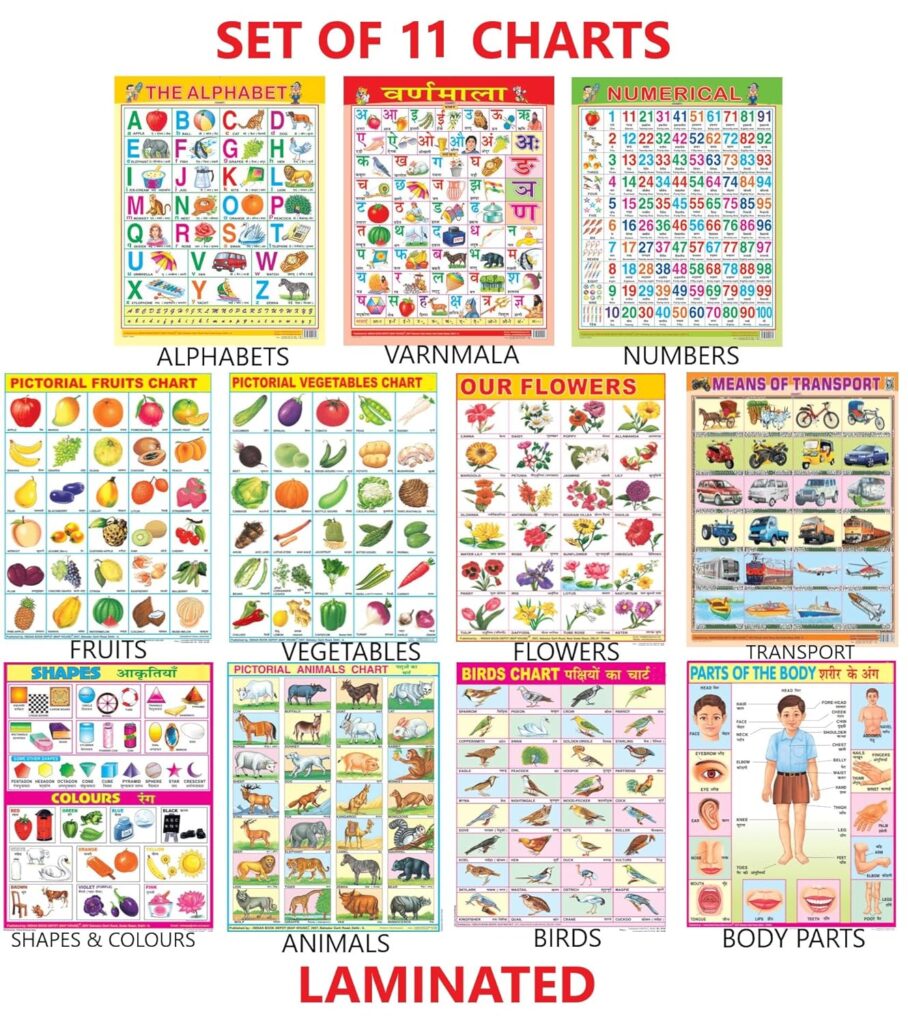
Click here to purchase on Amazon
Requirements: Charts featuring letters, numbers, geometric figures, hues, and animals.
Task: Utilize educational charts to introduce your young child to the fundamentals of letters, numbers, geometric figures, hues, and animals. Point to each element on the chart and vocalize its name. Motivate your child to mimic you. Gradually, prompt them to name items independently.
Learning Results: Recognition of the alphabet, numbers, shapes, and colors, as well as animals.
2. Reading Books
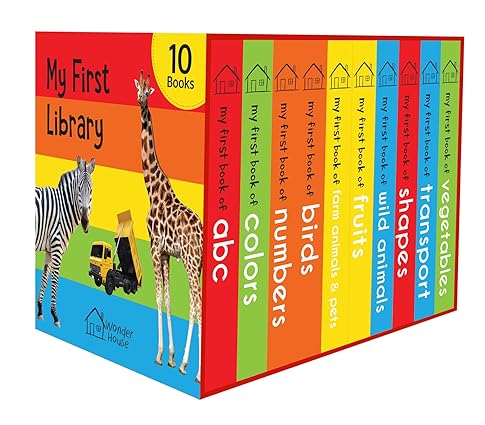
Click here to purchase on Amazon
Requirements: Books suitable for your child’s age, both in picture and story format.
Task: Dedicate a particular time daily for reading. Select a diverse collection of picture and story books that are suitable for your child’s developmental stage. Read the books to them, highlighting the illustrations and encouraging their engagement with the narrative. Pose questions regarding the plot and characters to stimulate their creativity and understanding.
Learning Results: Development of language skills, listening abilities, creativity, and understanding.
You may also like 5 powerful ways to deal with sensory seeking child
Conclusions
Introducing educational activities for toddlers is an excellent method to blend enjoyment with learning. By incorporating these activities into your daily schedule, you can assist your toddler in acquiring crucial skills while enjoying precious moments together. It’s important to maintain a variety and engagement in these activities to adapt to their evolving interests and energy levels. These early experiences set the stage for a lifelong journey of learning and curiosity. Dive into these 11 wonderful early learning activities for toddlers that are perfect for fostering your toddler’s growth and curiosity.
FAQs about 11 Wonderful Early Learning Activities for Toddlers
1. What age group are these activities suitable for?
These activities are designed for toddlers aged 1 to 3 years, supporting their developmental needs during this crucial stage.
2. How do these activities promote learning?
Each activity is crafted to engage toddlers in play while enhancing cognitive, physical, and social skills, laying a foundation for lifelong learning.
3. Do I need special materials for these activities?
Most activities utilize common household items or easily accessible materials, making them simple and cost-effective to implement.
4. How can I adapt these activities for different skill levels?
You can modify activities by changing the complexity or introducing new challenges based on your toddler’s interests and abilities.
5. How often should I do these activities with my toddler?
Aim for a balance—engaging in a few activities each week helps keep learning fresh and exciting without overwhelming your child.
6. Can these activities be done alone or should I participate?
While some activities can be done independently, your participation enhances the experience and fosters bonding while learning together.
7. Are these activities safe for toddlers?
All suggested activities prioritize safety, but always supervise your child and choose age-appropriate materials to ensure a safe learning environment.
8. How can I incorporate learning into everyday routines?
Look for opportunities to integrate learning moments into daily tasks, such as counting items during grocery shopping or naming colors at home.
9. What if my toddler loses interest in an activity?
It’s normal for toddlers to have varying interests. If they lose interest, try rotating activities or introducing new elements to reignite their curiosity.
10. Can these activities be done indoors and outdoors?
Absolutely! Many activities can be adapted for both settings, allowing for versatile learning experiences depending on your environment.
11. What are some fun and educational activities for toddlers?
Dive into these 11 wonderful early learning activities for toddlers that are perfect for fostering your toddler’s growth and curiosity.

